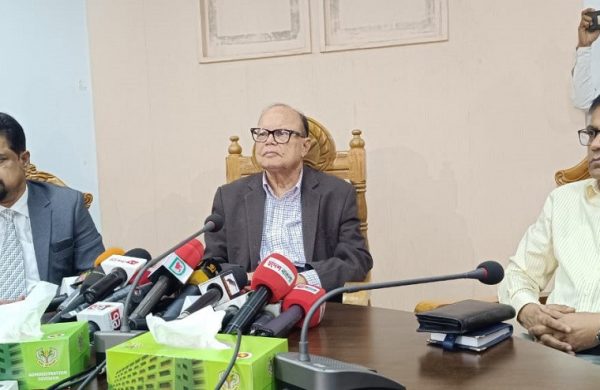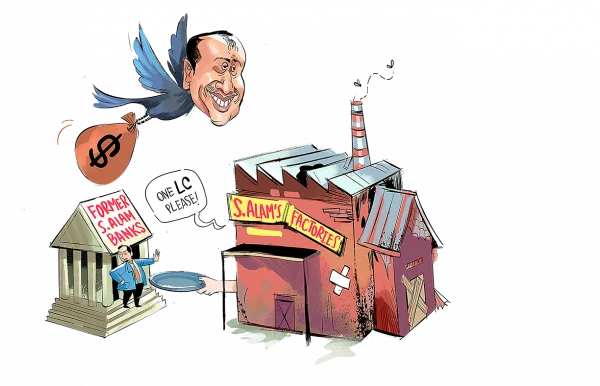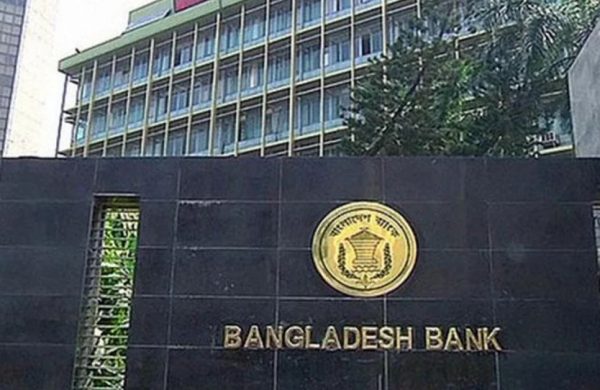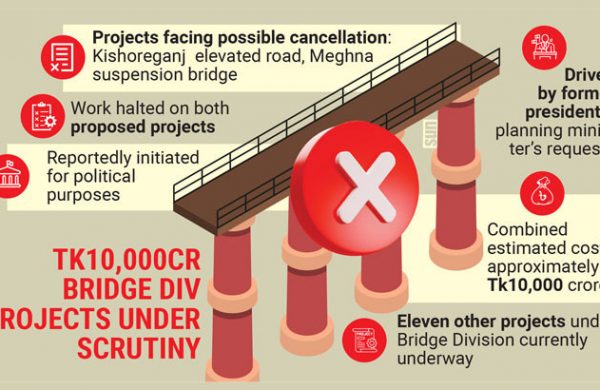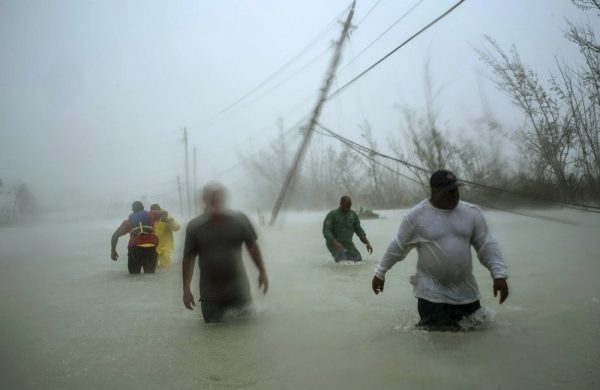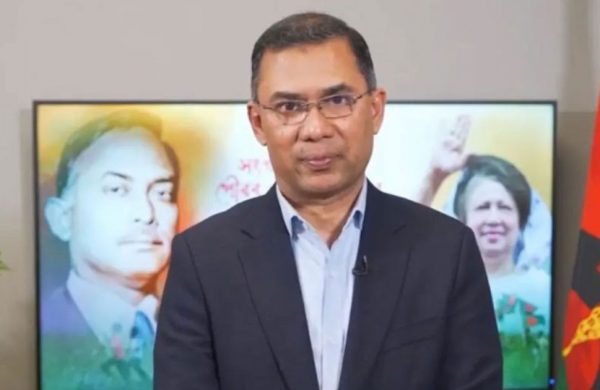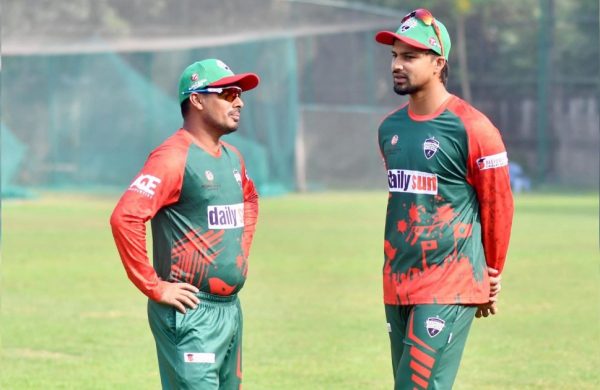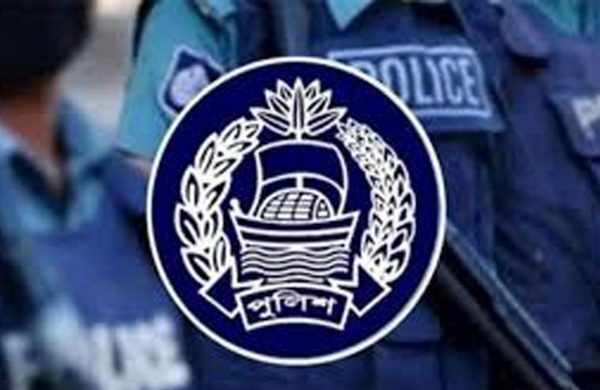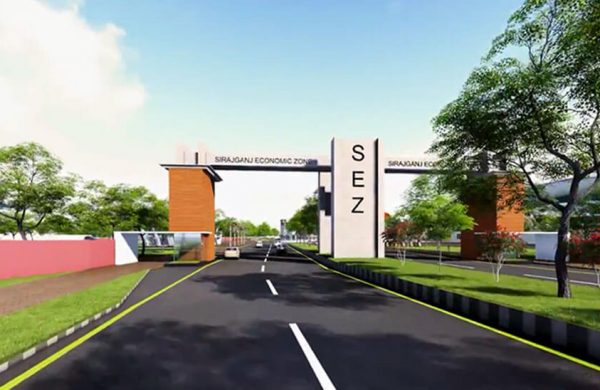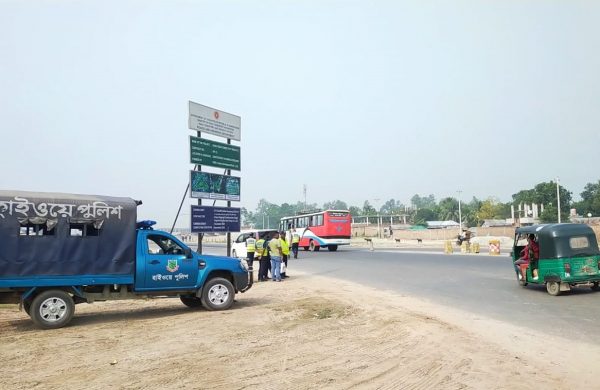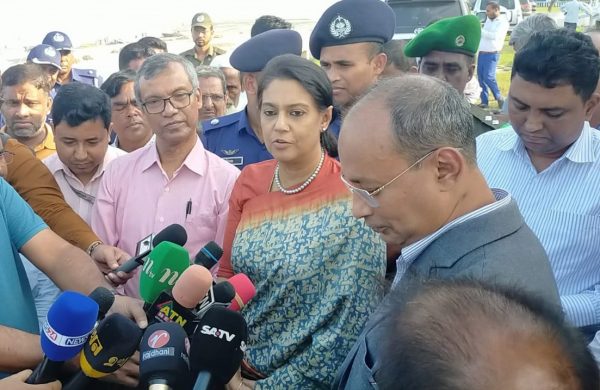BB’s lack of transparency on monetary policy is evident
- Update Time : Monday, July 15, 2024
- 48 Time View
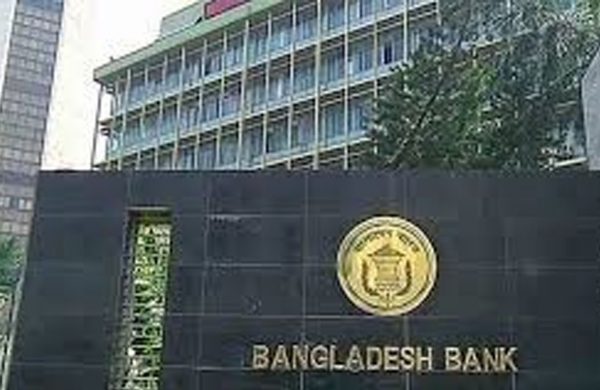
TDS Desk:
Bangladesh Bank (BB) is going to announce the monetary policy for the current fiscal year 2024-25 on July 18. Monetary policy is the most important aspect of the economy in all countries. A country’s economic growth, employment and inflation depend on it. All economically successful countries in the world have transparent accountability in monetary policy. In this regard, there is no accountability in Bangladesh. As a result, proper decisions cannot be taken in time to keep the economy under control.
The question is, the central bank of other countries of the world is making monetary policy with transparency, is Bangladesh Bank doing it in the same way? The lack of transparency here is almost zero.
Again, as much as the central banks of the world have to be accountable for the monetary policy, it is zero in the case of Bangladesh Bank.
Why monetary policy is important-
Monetary policy affects interest rates. How much interest a businessman will get on a loan, whether the cost of buying a car, house, or flat will go up or down, what rate of profit a depositor will get — all are decided by monetary policy.
In short, monetary policy determines how much people will invest and how much they will save. And economic growth, employment and inflation depend on these.
WHAT IS THE FUNCTION OF MONETARY POLICY?
Macroeconomic stability is a prerequisite for the development of a country. The most important indicator to achieve this stability is keeping inflation under control. This is exactly what monetary policy does.
A COUNTRY’S MONETARY POLICY IS A GLOBAL ISSUE-
Because monetary policy is so important, the entire world watches the decisions of the US central banking system, the Federal Reserve, or Fed. So monetary policy is now not just a domestic issue of a country but a global issue. That is why independence, efficiency and transparency of central banks are discussed the most around the world. Because, in the absence of these three, wrong policies are formulated, the central bank looks to the political government, there is no open discussion about the policy and there is no accountability system. As a result, the crisis is not reduced, but rather prolonged. Bangladesh is a great example in that case.
MONETARY POLICY IS MADE IN BANGLADESH AS FOLLOWS:
A country has a committee to formulate its monetary policy. Bangladesh also has a committee which is under Bangladesh Bank. The committee is headed by the Governor of the Central Bank.
Bangladesh Bank officials were also members of this committee a few days ago. Economists and researchers had no place. Bangladesh Bank reconstituted the committee in October last year after writing about this. Three experts are included in the seven-member committee.
They are former World Bank official and economist Sadiq Ahmed, Bangladesh Institute of Development Research (BIDS) Director General Binayak Sen and Dhaka University Economics Department Chairman Masuda Yasmin.
Bangladesh Bank officials include Governor Abdur Rouf Talukder, Deputy Governor M Habibur Rahman, Chief Economist and Executive Director of Research Department Ijazul Islam.
WHERE IS THE ACCOUNTABILITY OF BANGLADESH BANK IN MONETARY POLICY?
That is the transparency of Bangladesh Bank regarding monetary policy. No more information is available on the central bank’s website.
However, they informed in a circular on May 15, ‘Bangladesh Bank has been publishing all the financial information and data stored with it on its website regularly to ensure access to information.’
However, there is no way to know how this important monetary policy is being made, how many times the committee has met, and what kind of discussions have taken place there.
There is no way to know whether the three experts of the committee agreed on all the steps taken by Bangladesh Bank, or whether there were differences of opinion. The situation is different in other countries.
SUCCESSFUL COUNTRIES IN MONETARY POLICIES HAVE TRANSPARENT ACCOUNTABILITY
We don’t have to go too far about other countries. Let’s take a look at the website of the Reserve Bank of India (RBI), the central bank of India.
They amended the law in 2016 to make monetary policy transparent and accountable. Now who will be the members of the monetary policy committee, the central government has informed through the gazette. The current committee members are six. Three of these are external experts. The remaining three are the RBI Governor, Deputy Governor and an officer nominated by the Bank’s Board of Directors. The three expert members are Indira Gandhi Institute of Development Research Professor Asima Goel, Indian Institute of Management Professor Jaynath R Verma and National Council of Applied Economic Research Senior Consultant Shashank Bhide.
The RBI website also says that the term of the three experts is four years. This committee will determine the policy interest rate to achieve the inflation target. For this, the committee will meet at least four times a year. The date of the meeting will be published on the website at the beginning of the year.
In the monetary policy committee meeting, each member will have one vote, that is, voting on whether to increase or decrease the policy interest rate. Not only that, everyone has to give a written statement explaining the vote cast for or against.
Besides, RBI prepares several surveys and reports on various aspects of the economic situation before formulating the new monetary policy.
These include consumer confidence surveys, household inflation expectations index, corporate sector conditions, credit conditions, industrial, agricultural, and infrastructure sector growth projections, etc.
According to the RBI Act, the proceedings of the Monetary Policy Committee meeting must be published exactly 14 days after the conclusion of the meeting. The report contains the decision of the meeting, a list of who voted for which, and statements of committee members who voted in favor of the vote. Proceedings of the meeting held on June 5 are now available on the website. The statement shows that six people voted in favour of keeping the policy rate at 6.5 percent, while two voted against it. These two are outside experts. Each statement is contained in the proceedings.
Not only India, but most countries make monetary policy in this manner. All information is provided on their website. But no one knows how the monetary policy is fixed in Bangladesh.
WHERE IS THEIR ACCOUNTABILITY-
More information on monetary policy is provided on the RBI website. There are also details on what to do, especially if the inflation rate does not meet the target.
It is said that RBI will inform the central government in writing if it fails to control inflation for three consecutive quarters. Through that report, the governor has to inform the new action plan to control the inflation and in how many days the target will be met.
Similarly, an open letter was exchanged between the Governor of the Bank of England and the Chancellor of the Exchequer over the failure to control inflation. That letter has to be published on the website.
Failing that, the Governor of the Central Bank of the Philippines should also write an open letter to the President and the people of the country. A similar letter has to be written to the Governor of the Central Bank of Canada. And no matter how eccentric Türkiye is, the governor of the central bank has to give regular reports to the government on inflation.
Almost all countries in the world have a specific legal framework for accountability. And because of this structure, most countries can reduce inflation. Bangladesh is on the list of countries that cannot succeed. Demand for transparency in Bangladesh is limited to press releases and speeches. And there is no place for accountability. Source: Daily Bangladesh



